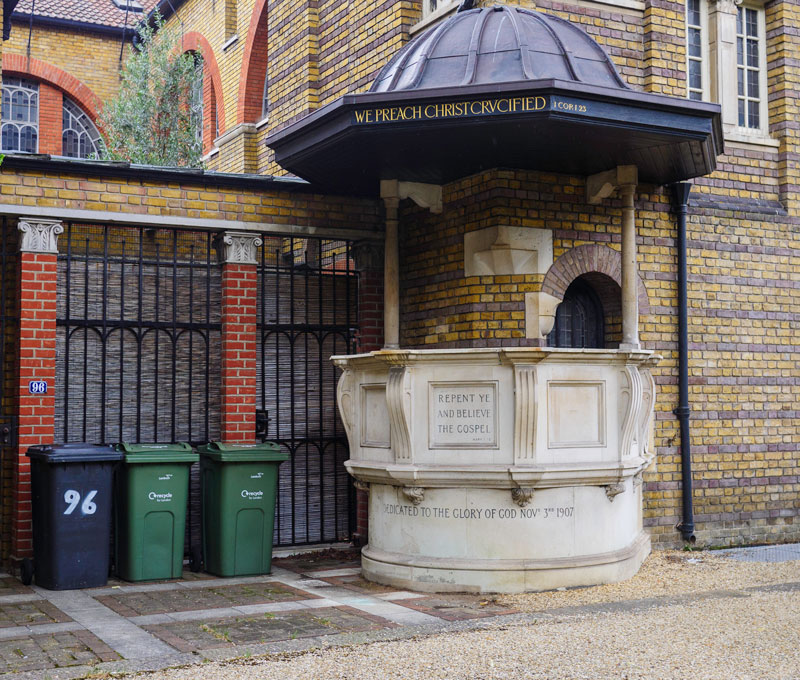After a monumental struggle, I finally got a face-to-face appointment with a GP. But it turned out that Dr XXXX did not go in for much face-to-face contact except with her computer screen. I wondered if she might in fact be an automaton or an AI bot for the amount of personal interaction she engaged in with me. I didn’t think to check her for a pulse, and anyway, I was the patient. I asked if we might also do the ‘repeat prescription review’ which was booked for the following week – for a medication that was not unrelated to my presenting symptom. I was promptly, and I thought rather harshly, told that an appointment can last only ten minutes, and which did I want her to deal with, the symptom or the repeat prescription review? I opted for the former, but felt slapped down. Indeed, the whole experience left me feeling rather atomised, an easily separated collection of bits rather than a single human being. Is this what General Practice has been reduced to?
I got what I had hoped for: a referral to an ENT specialist. And since we had two minutes left, I asked if she might do the repeat prescription review. By her own time-and-motion logic, there was no obvious escape route for her, and she said she would mark the request for release.
Altogether an unhappy experience of being treated as an object to be processed. She did not examine me at all. But I examined her, with all the close attention of a patient treated as an inconvenience.
I got what I had hoped for: a referral to an ENT specialist. And since we had two minutes left, I asked if she might do the repeat prescription review. By her own time-and-motion logic, there was no obvious escape route for her, and she said she would mark the request for release.
Altogether an unhappy experience of being treated as an object to be processed. She did not examine me at all. But I examined her, with all the close attention of a patient treated as an inconvenience.

